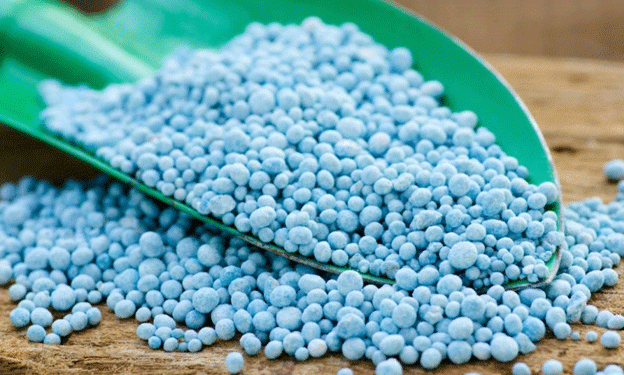When Too Much of a Good Thing Becomes a Bad Thing: Examining Nitrogen Use Under Limited Irrigation
As drought conditions worsen, farmers are increasingly adopting limited irrigation strategies, providing crops with some, but not all, of their water needs. This shift raises a critical question: how should nitrogen fertilizer application be adjusted when water is limited?
Nitrogen is vital for plant growth, but the optimal amount of nitrogen for crops receiving less water is unclear. Some farmers maintain high nitrogen levels, hoping it will compensate for reduced water, while others suggest reducing nitrogen proportionally to water reduction.
A recent study by ARS scientists sheds light on this issue, examining how varying water and nitrogen levels affect crop yields, nitrogen runoff, greenhouse gas emissions, and more.
Key Findings
- Yield Impact: Surprisingly, the research found that even slight increases in nitrogen beyond the minimal necessary amount could harm yields. Thus, when using limited irrigation, applying only the minimum required nitrogen is recommended.
- Economic and Environmental Costs: Excess nitrogen not only fails to improve yields but also represents a financial loss and an environmental threat. According to Louise Comas, a research plant physiologist, extra nitrogen not used by plants can leach into the environment, increasing greenhouse gas emissions and nitrogen runoff.
- Split Applications: Applying nitrogen in multiple smaller doses over time rather than all at once can reduce nitrogen loss. This method aligns nitrogen availability with plant demand, improving nitrogen use efficiency and minimizing environmental impact.
- Subsurface Leaching: The study found 30% more nitrogen deep in the soil profile under limited water conditions, highlighting the importance of precise nitrogen management to prevent environmental contamination.
- Greenhouse Gas Emissions: Deficit irrigation and drip irrigation systems were associated with lower greenhouse gas emissions compared to other irrigation methods, suggesting environmental benefits with reduced water use.
Future Directions
The study underscores the complexity of nitrogen and water interactions in crop management. Researchers aim to harness natural soil processes to meet plants’ nitrogen needs more efficiently. Understanding how plant roots interact with soil microbes and how nitrogen and water cycles integrate with plant carbon uptake is a critical research focus.
Collaborative efforts with Colorado State University are exploring these intricate relationships further, aiming to refine nitrogen recommendations and promote sustainable agricultural practices.
The findings suggest that farmers should avoid over-applying nitrogen when practicing limited irrigation. Proper nitrogen management can improve yields, reduce costs, and minimize environmental impacts. Continued research will provide deeper insights into optimizing input use in an era of increasing resource constraints.







